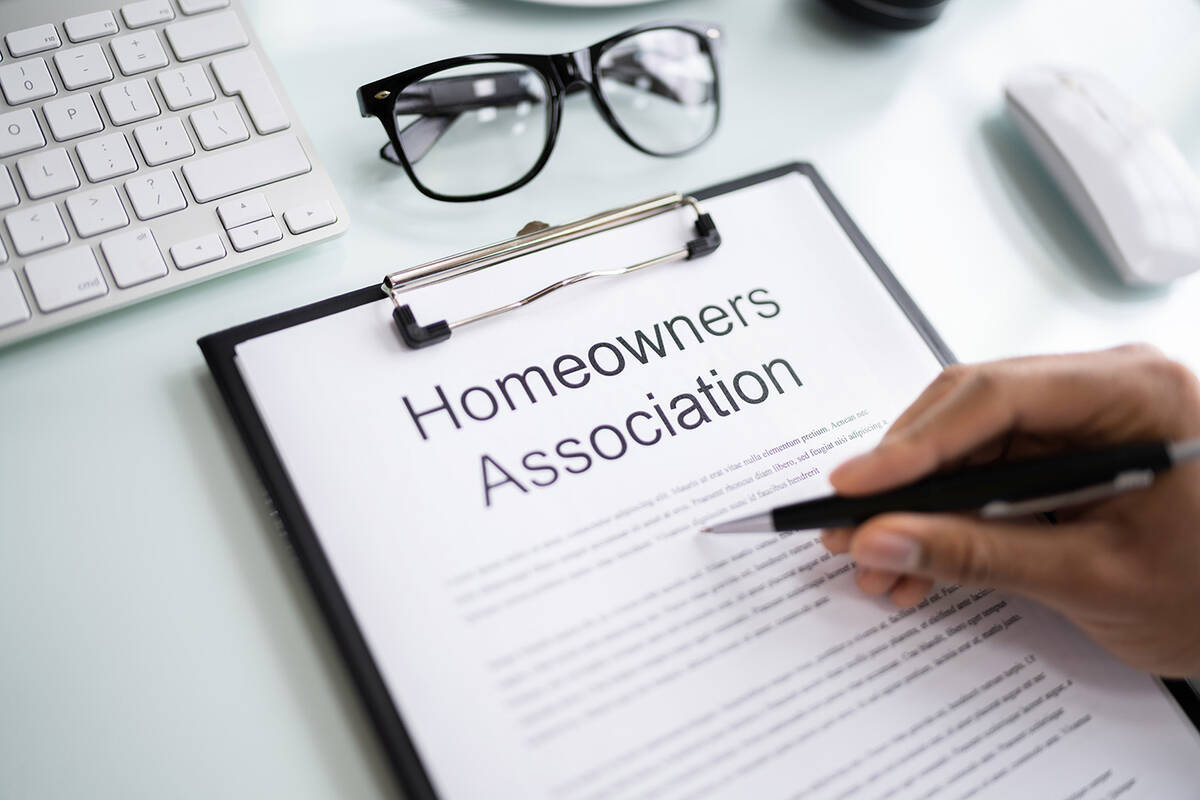HOA needs to get cyber-security insurance
Q: I was on our homeowners association board for many years, and, now, have been president for two terms. Can you let me know if we definitely need cybersecurity for 136 homes. We are not the master association and our board of directors feels the master needs the insurance, not us. I hope this can be cleared up before our next meeting Jan. 9.
A: Yes, both your association and your master association will be required to maintain cybersecurity insurance. A summary of this law was provided by Las Vegas attorney Adam Clarkson, as follows:
“Pursuant to Senate Bill 378 processing homeowner payment transactions are now required to maintain a minimum of $5 million dollars in cyber-security insurance “that provides coverage for losses arising out of or relating to data breaches, unauthorized intrusions into an information system, computer viruses, ransomware, identity theft and similar exposures.”
In most cases, this will be a nonissue for large banks that are already insured for these issues and are handling the transactions. However, any person or entity not so insured will be precluded from engaging in the business of handling homeowners’ personal information related to owners’ online HOA payments. Also, associations offering online payment services, even when offered through a portal that is ultimately processed by a well-insured bank, must also maintain certain minimum cyber-insurance amounts to protect the HOA and its members from any cyber-theft related claims.
Not only does SB378 impose cyber-insurance requirements for persons processing homeowners’ payments online, but it also expressly imposes data protection requirements. Notably, SB378 imposes the protection for personal information requirements of Nevada Revised Statutes 603A.010 to 603A.290 upon HOA online assessment payment processors. What does that mean? It means that HOA payment processors must use special encryptions and other data protection methodologies to protect information provided to them, like homeowners’ bank account numbers, credit card numbers, user names and unique identifiers, including passwords combined with emails.”
Q: How can the HOA board and management company be required to use a reasonable size replacement when replacing dead or dying mature trees in the public area landscaping? They recently replaced 20-year-old mature trees with small saplings.
A: Unless there is a requirement in the developmental documents or by city code, the association can install any size to replace the trees that have been removed.
Q: I live in a relatively small HOA (less than 60 homes). There is a three-member board of directors and there is a property management company. My husband and I live in the HOA (owners of our residence) and we also own a second home in the same HOA that is a rental. Since we own two houses, are there any rules, regulations, statutes where two people who live in same residence cannot be on the board of directors?
A: NRS 116.31034 pertains to the election of the board. Under subsection 10, a person may not be a candidate for or member of the board or an officer of the association if the person resides in a unit with, is married to, is domestic partners with or related by blood, adoption or marriage within the third degree of consanguinity or affinity to another person who is also a member of the board or is an officer. First degree of consanguinity consist of a spouse, children, parents; second degree — brothers, sisters, half-brothers and half-sisters, grandchildren, grandparents; third degree — uncles, aunts, nephews, great grandparents and great-grandchildren.
In your case only one of the family members may serve on the board at any one time.
Barbara Holland, CPM is an author, educator and expert witness on real estate issues pertaining to management and brokerage. Questions may be sent to holland744o@gmail.com.




























